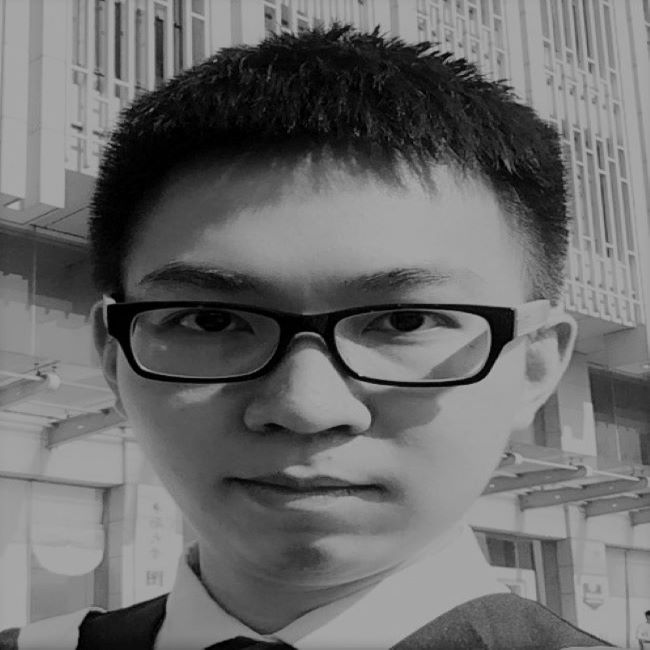Peiyuan Huang
What motivated you to come to Bristol and do this programme?
Answer: Before I came to Bristol for PhD, I had worked for 1 year for an adolescent cohort study in London and 2 years for a birth cohort study in China. If you are working within the field of epidemiologic research, it is very unlikely that you have never heard of the MRC Integrative Epidemiology Unit (IEU) at Bristol. Well-known as an active centre for the development and application of novel epidemiologic methodologies, the IEU has a world-class reputation for teaching and research, with a wealth of facilities and resources, a multi-disciplinary and collaborative environment, and great opportunities for study and training. I wanted to receive in-depth training in causal inference and learn more about omics-based approaches and bioinformatics. This PhD programme offered me extensive training opportunities that met all my needs. So here I came!
What is the key research question of your PhD research project and what have you found out so far?
Answer: My main PhD project looks at if maternal vegetarian diets causally affect pregnancy and perinatal health. This work is still ongoing and the findings will be available soon. In the meantime, I have been taking forward the works from the two mini-projects I did in my first year. The first one is about the causal relationship between maternal coffee consumption and pregnancy and perinatal health, which is very similar to my main PhD. Our findings from this project suggest that drinking coffee during pregnancy might not be as harmful as previously concerned. My second mini-project is a proteome-wide Mendelian randomisation analysis for Alzheimer’s disease, where we have identified and validated several potential druggable targets that would facilitate drug development and repurposing for the prevention and treatment of this burdening disease.
Where do you think your research could lead and what are your future career plans now?
Answer: I hope my research can contribute to a further scientific understanding of the role maternal nutrition plays in pregnancy and offspring health, and provide robust evidence for developing and revising dietary guidelines for pregnant women. As for my future plans, I think I will stay in academia, where I can continue to work with amazing people and contribute to maternal and child health.
